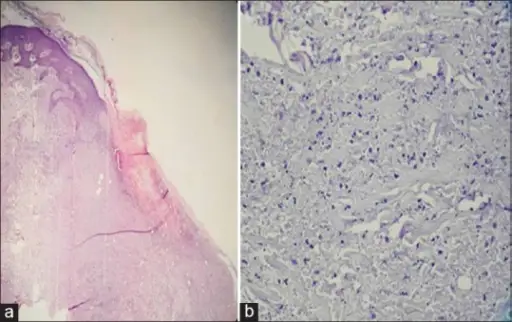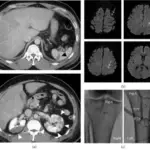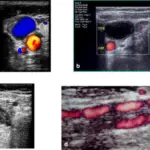Antiphospholipid syndrome is an autoimmune disorder that causes an increased risk of blood clots.
What is the Pathology of Antiphospholipid Syndrome?
The pathology of antiphospholipid syndrome is:
-Etiology: The cause of the antiphospholipid syndrome is genetics
-Genes involved: None.
-Pathogenesis: The sequence of events that lead to antiphospholipid syndrome includes antiphospholipid antibodies to react against proteins that bind to anionic phospholipids on plasma membranes.
-Morphology: The morphology associated with antiphospholipid syndrome shows necrosis, vascular thrombosis, proliferation, and sclerosis in the absence of inflammation.
-Histology: The histology associated with antiphospholipid syndrome shows noninflammatory bland thrombosis with no signs of perivascular inflammation or leukocytoclastic vasculitis.
How does Antiphospholipid Syndrome Present?
Patients with antiphospholipid syndrome typically affect females present at the age range of 30-45 years. The symptoms, features, and clinical findings associated with the antiphospholipid syndrome include deep vein thrombosis, stroke, recurrent miscarriage, intrauterine growth restriction, preterm birth, developmental retardation in newborns, low platelet count, heart valve disease, and livedo reticularis.
How is Antiphospholipid Syndrome Diagnosed?
Antiphospholipid syndrome is diagnosed with blood tests.
How is Antiphospholipid Syndrome Treated?
Antiphospholipid syndrome is treated with anticoagulants such as heparin.
What is the Prognosis of Antiphospholipid Syndrome?
The prognosis of antiphospholipid syndrome is very poor with a high mortality rate.



